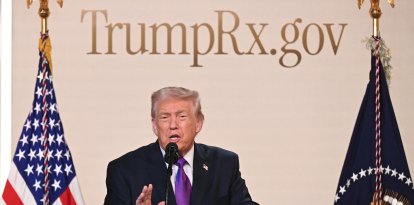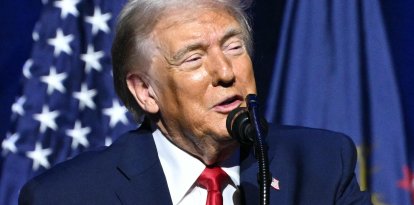Senate passes historic bill to regulate stablecoins in the U.S.
The law was approved after a final vote of 68 votes in favor and 30 against.

United States Congress
The US Senate on Tuesday passed the GENIUS Act, a legislative bill that for the first time in historyestablishes federal limits for stablecoins pegged to the US dollar, also creating a regulated avenue for private companies to issue digital dollars with the backing of the federal government. Different economists have described such event as one of the most important within the cryptocurrency industry, taking into account the almost $250 million that came to invest during the 2024 presidential elections and the different obstacles they experienced during the Administration of former President Joe Biden.
"The GENIUS Act will protect consumers, enable responsible innovation, and safeguard the dominance of the U.S. dollar," said New York Democratic Sen. Kirsten Gillibrand, who was a sponsor of the bill, which passed after a final vote of 68 to 30. The bill, which stands for Guiding and Establishing National Innovation for US Stablecoins Act, establishes numerous rules for the industry, such as compliance with anti-money laundering measures, monthly audits, and even full reserve backing.
Awaiting House approval.
While 18 Democrats voted in favor of the bill, one of those who strongly opposed and even criticized it after the final result was Oregon Senator Jeff Merkley, who even accused Republicans of "greenlighting Trump"'s crypto corruption and allowing the US president to "sell access to the government for personal gain." Prior to the vote, Merkley sought to introduce an amendment to officially ban any elected official from personally profiting from digital assets.
Having passed the Senate, the bill must now pass muster in the Republican-controlled House of Representatives, where a bill called STABLE currently exists. While both laws prohibit stablecoins that generate consumer yield, the biggest difference lies at the point of who regulates what. While the Senate version centralizes oversight in the U.S. Treasury Department, the lower house version distributes authority among different agencies, including the Office of the Comptroller of the Currency and the Federal Reserve.
























